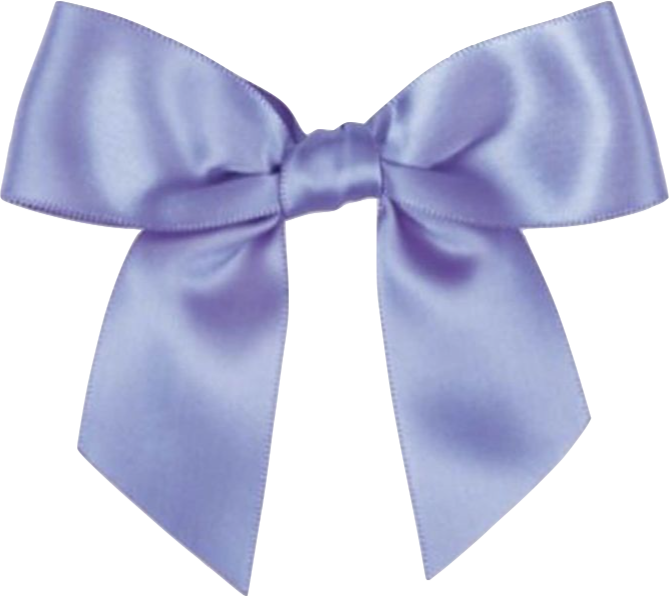Netflix understands the importance of diversity and inclusion, and as Hollywood’s leading entertainment brand, it has launched an in-house casting department. The company has done so with the goal of ‘matching great talent with great projects and helping more people see themselves on screen.’
The streaming service has a track record of producing Oscar-nominees and wins, and has secured 36 nominees for the 2021 season. Titles include Da 5 Bloods from prestigious filmmaker Spike Lee, and Aaron Sorkin’s The Trial of The Chicago 7.
Executives and talent acquisitions at Netflix have noted the importance of featuring these compelling stories from underrepresented communities. As a result, the company has been ranked as the top entertainment distributor according to the ESG Brand Perception Index. The index, launched in early 2021, ranks brands ‘according to their environmental, social and governance impact’.
Netflix’s 2021 Diversity and Inclusion report reaffirms this: women make up roughly half of its workforce, with another half made up of one or more people from an underrepresented background. The report also details equitable pay, inclusive benefits, forging allyship, and identifying and using privilege to aid in fixing inequality.
In light of these efforts, the in-house casting department seeks to scout ‘new and authentic’ voices. The team is led by Brittany Grooms, Rich Leist, and Cesar Rocha, who will direct casting for film, nonfiction, and series, respectively. Animation casting for series will be led by Shiondre Austin, while casting for animation film is led by Cymbre Sklar.
The goal is to aid creative teams in finding talent both nationally and globally, as well as addressing and discussing accurate representation. Even in its quest to provide a platform to underrepresented communities, Netflix has come under fire for whitewashing on multiple occasions. Characters known to be non-white have been adapted into white characters on screen, upsetting viewers who claim the changes are deliberate.
Most recently, the distributor has been criticized for the whitewashing of a main character in The Winx Saga. A Latinx character from the original series, Flora, was omitted from the first season of the show, and in her place was a new white character, Terra.
The series teased that Flora would be introduced in the second season of the show, sparking question as to why her debut was postponed. Some propose the character was only introduced as a result of whitewashing criticism.
In response, the new in-house team strives to hold conversations of whitewashing prior to production, as to ensure diversity is not a second thought. In addition, it hopes to discuss minority character roles being filled by non-white talent that still appear lighter-skinned and Eurocentric.
Vernā Myers, VP of Inclusion Strategy, notes these changes are necessary “if we want to inspire cultural change in our industries, [and] in the perspectives being heard.”
Read more about Netflix’s Inclusion efforts and workplace demographics.
